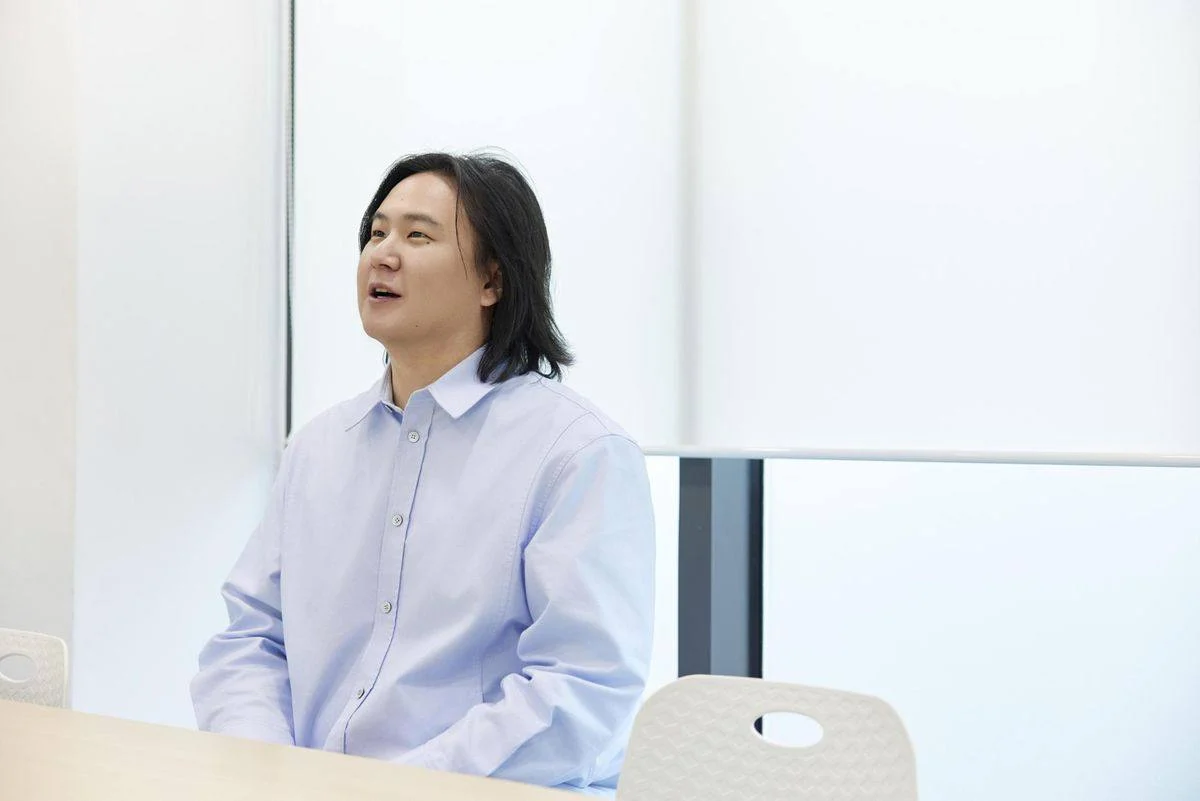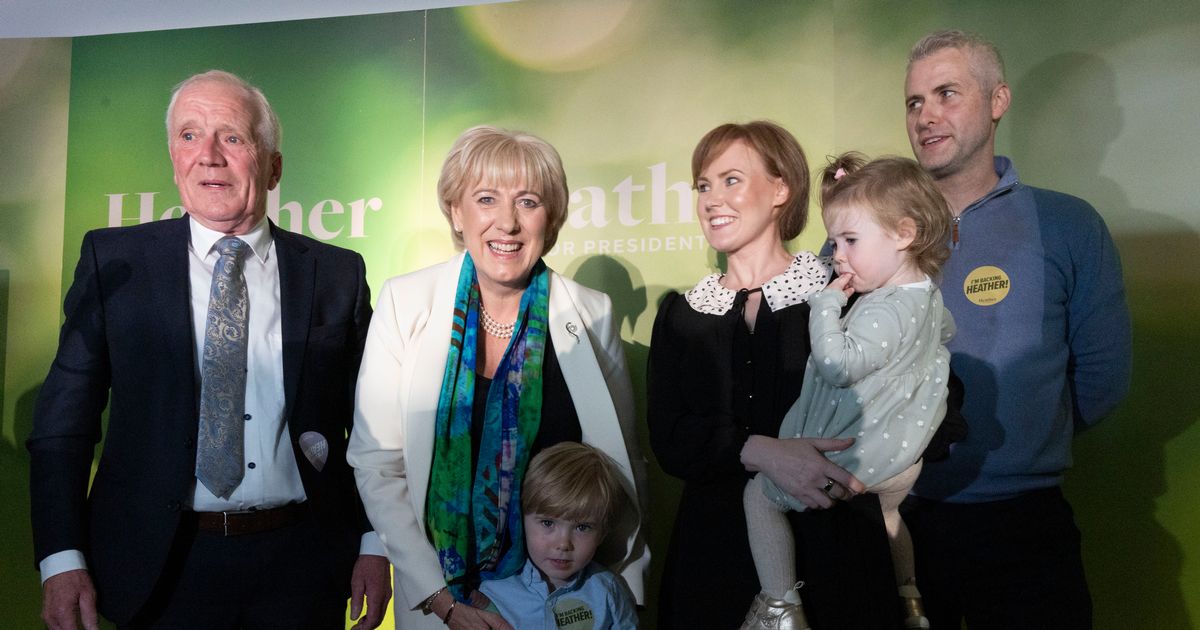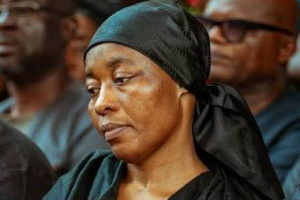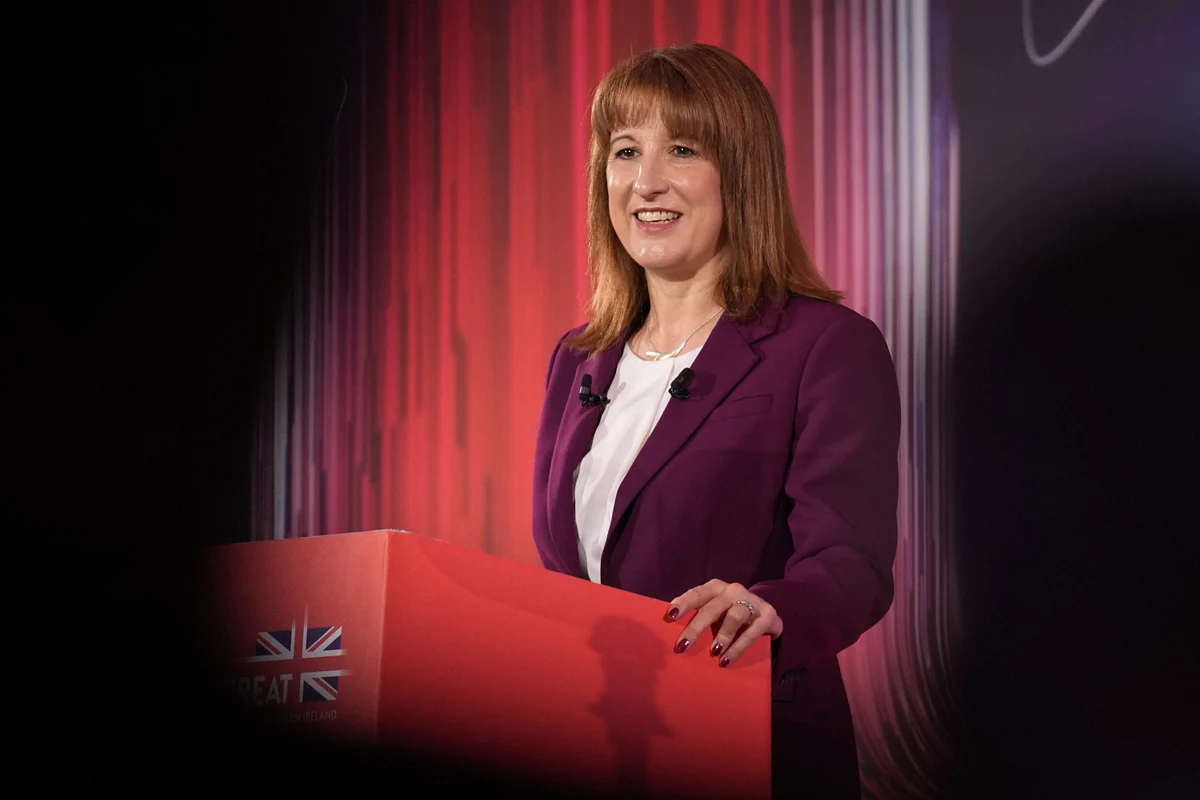Copyright scmp

You Jin-kyu lives up to the psychological definition of a “wounded healer” – someone who uses their own pain as a bridge to understand and heal others. Once a socially withdrawn man who had spent nearly five years barely leaving his room in his 20s, You has turned his past into a powerful foundation for business, social advocacy and peer-based job creation. “I found out that even your unwanted, shameful past of social withdrawal can become a qualification,” You says in a phone interview. Now in his early 30s, You can trace his turning point to a share house operated by the Korean branch of a Japanese non-profit organisation for hikikomori – a Japanese term for recluses or shut-ins. He recalls that joining the programme helped him slowly re-enter society and relearn the rhythms of daily life. “And over time, I not only adapted, but also began studying how the organisation functioned,” he says. He used its business model to launch his own company in 2022. You’s business, Not Scary Company, centres on two share houses in Seoul that are designed to help socially isolated young Koreans reconnect with the world they were scared of. Residents live together for up to a year, many confronting basic tasks – like cooking, bathing or having conversations – for the first time in years. The houses are staffed by four to five mentors, many of whom, like You, have lived through isolation themselves. Many residents not only regain the skills to fully reintegrate into society, but also develop the mental strength to support others currently in similar situations, You explains. “If someone has been isolated for 10 years and receives proper training, they may be the best person to help someone who’s going through what they once did.” You’s business has since broadened and now operates on multiple fronts, including family counselling, educational content development, and policy advising for both central and local governments. These roles have become increasingly important as more young Koreans face isolation amid a shortage of professionals to support them. According to You, about 540,000 Korean adults aged 19 to 39 are socially withdrawn or isolated, with the number rising to 660,000 when teenagers are included. Under these circumstances, You explains that youth isolation often remains hidden today, making it difficult for traditional professionals to fully understand or collect accurate data on the issue. “There are no true experts yet in this field,” he says. “We therefore act as interpreters between systems and those who fall through them.” You’s work has gained official recognition: the Korean Ministry of Health and Welfare awarded his team a commendation and consulted them on developing national guidelines for shared housing recovery models. Inspired by his efforts, similar support centres are now emerging nationwide – from Seoul’s Gijigae Centre, which assisted 1,800 people last year, to new centres in cities like Incheon and Ulsan. You also advises on legal frameworks, as revised welfare policies begin to recognise socially withdrawn teens and young adults. Additionally, You is pioneering employment models for people with social anxiety. “In Korea, if you have social anxiety, you’re seen as unemployable,” he explains. “But in Japan, there are models that let people contribute even with limited interaction. We want that here, too.” Read the full story at The Korea Times Like what you read? Follow SCMP Lifestyle on Facebook, X and Instagram. You can also sign up for our eNewsletter here.



